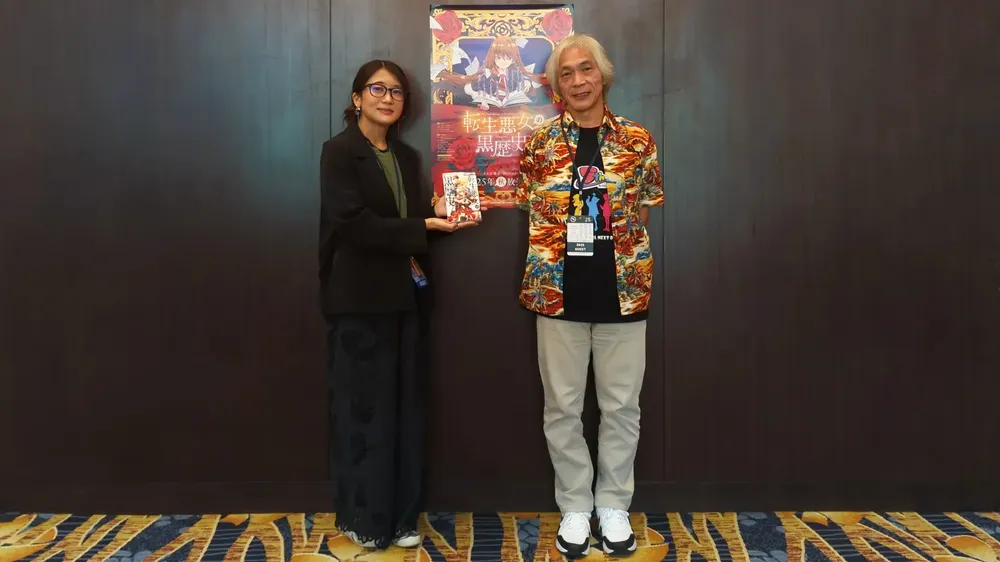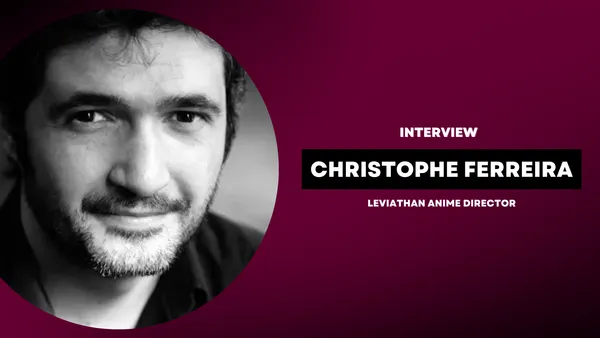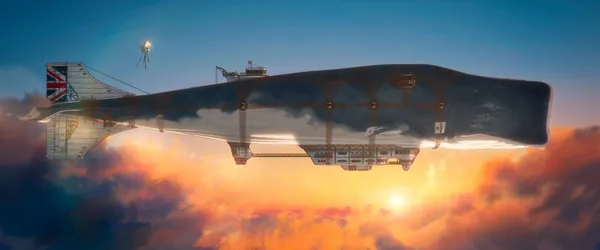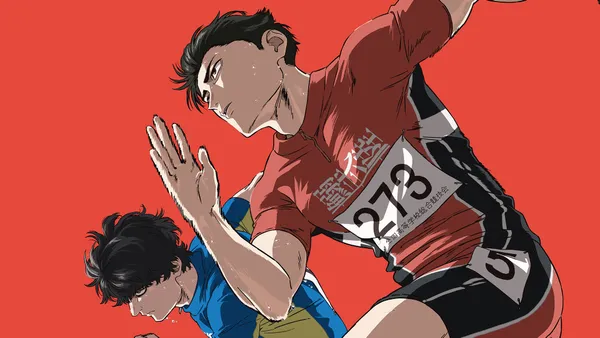Interview: Producer Kanako Ayano and Director Hiroaki Sakurai
At this year's Otakon, Anime Atelier had a chance to speak with FuRyu Pictures' producer Kanako Ayano and director Hiroaki Sakurai. FuRyu Pictures is a newly-launched animation production subsidiary of the FuRyu Corporation, known for multimedia work including games and figures overseas. FuRyu Pictures is involved in the production, sales, and distribution of animation content, as well as merchandise, copyright management, and licensing.
FuRyu Pictures is working on the recently announced anime adaptation of The Dark History of the Reincarnated Villainess (Tensei Akujo no Kurorekishi), which Sakurai-san is directing. The interview was a perfect opportunity to learn more about the company's work, upcoming anime series, and duo's work.
Q: Could you tell us a bit more about FuRyu Pictures? It’s a new, but not-so-new name on the anime scene. How did FuRyu's involvement in anime come to this point?
KANAKO: FuRyu Pictures is relatively new in the sense that it has existed since June. But FuRyu, as a company, has things like UFO Catchers, and when it comes to the anime arm of that, we decided we wanted to do animation and pre-production ourselves. To expand on that, we formed FuRyu Pictures as a separate entity under FuRyu.
Q: What are you hoping to achieve with this new approach? Should we expect to see more of FuRyu among seasonal anime titles?
I think that, before as FuRyu, there was already a production side, but by becoming FuRyu Pictures, we now have animation under us too. By having the pre-production and production in the same place, we can aim for a higher quality in general, and thus we will be able to make more anime with higher quality.
Q: FuRyu has been involved with quite a few big franchises, such as Yuru Camp, over the years. What would you say are the biggest lessons you learned when working on something that turned out to be a big hit, both in Japan and overseas?
AYANO: We do incorporate what we learned from previous works. Since I am from the production arm, I aim to do both production as well as research with other production companies to best prepare our future projects.
Q: FuRyu Pictures recently revealed a new trailer for The Dark History of the Reincarnated Villainess anime adaptation. How did you end up working on this specific title?
AYANO: The key is, today, more than half of the market of the anime business is made up of overseas exports thanks to globalization. When we present projects at our company, we pay attention to whether there is a chance to reach the domestic audience and the global audience as well. That's one of the key points. Given the situation, TenKuro is highly relatable overseas as well, and it has inspired the releases of translated editions. Knowing these points, we believed it had the potential to be viewed among the global audience.
Q: Sakurai-san, how did you end up becoming the director for the Tensei Akujo no Kurorekishi?
SAKURAI: Quite plainly, they just asked me, "Please come direct this." I didn't have experience reading the original manga until the offer came. I didn't really have experience with isekai or tensei-type titles, but when I read it, I realized it was actually a shoujo manga. "Yes, I'll take it, gladly." (laughs)
Q: Is the original author, Akiharu Touka, involved in the production, and how?
SAKURAI: I first met with Touka-sensei and listened to their thoughts about the manga. I also read the manga, and after reading it, I had my thoughts too. In turning the manga into an anime, I combined the original mangaka's thoughts with my thoughts. I was given creative liberty by the mangaka, who told me, "I give you permission to do this."
AYANO: Of course, we have talked to the original mangaka in terms of the scenario and the settings, so that has all passed the test.
SAKURAI: At the post-recording, we had Touka-sensei join in via video call, and when we didn't know how to decide [on something], we asked her for her opinion. We had quite a substantial involvement from the original author in that sense.
Q: To my knowledge, Kanako-san only recently became a producer for television anime. Was there a particular inspiration that led you to this job?
AYANO: Thank you for commenting on that. I am actually from the same grade school that Osamu Tezuka went to. The grade school, interestingly, has Tezuka-san's books in the library, so when I was in school, I'd look at the books, and I think that had a significant effect in nurturing my preferences for content. After going to middle school and high school, I kept up with my preferences on content and one day I was thinking how I could make my own things and how my plans could be made nto anime. Here I am now, thankfully, in the anime industry.
Q: I’ve seen Sakurai-san and Takaaki Wada comment on the fiery “competition” between Sakurai-san and fellow directors Akitarou Daichi and Tatsuo Sato during the Film Magic era. It’s been a long time since then, but do you think you still have some of that competitive nature in your recent work?
SAKURAI: Maybe not so much competition, but we're both each other's rivals. We're friends, so we give energy to each other. We motivate each other, and I think that's the dynamic between us.
We'd like to thank Ayano-san and Sakurai-san for their time and willingness to share information about their work and upcoming projects.
Assistance & Research: Tamara Lazic, Sarca
Interviewer: Nate A.M. (Artist Unknown)




